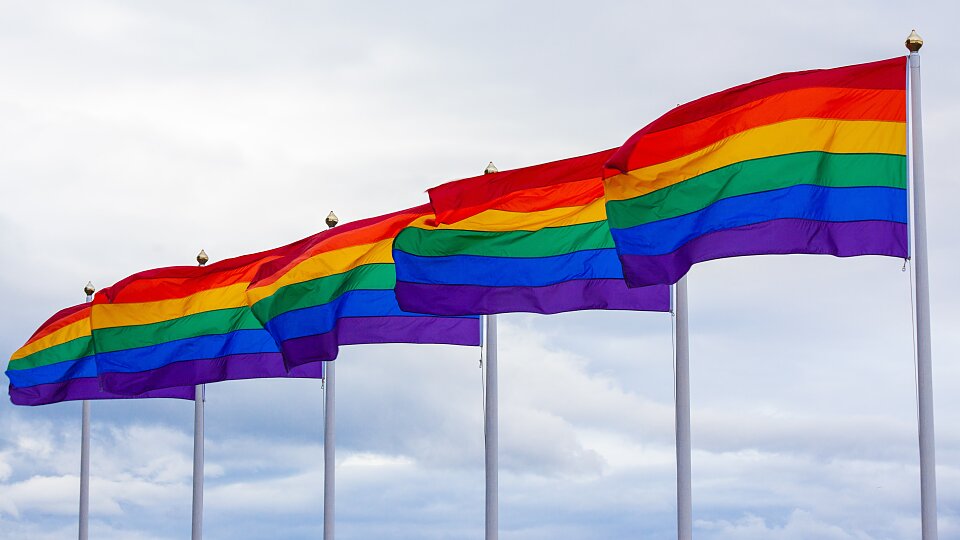Why Does the Church Talk So Much About the LGBTQ Movement?
I was with my wife at her parents’ house. I can’t remember the occasion, but somehow politics and religion entered the conversation. In-laws and taboo subjects…sounds like a recipe for a good time.
A comment was made about the sinfulness of homosexuality, to which my sister-in-law replied, “Yeah, and right here in this county there are a lot of people who have been divorced and remarried.” “What’s your point?” I asked her. “My point,” she said, “is that Christians like to talk a lot about and condemn homosexuality, but we’re not nearly as quick to condemn things like divorce and remarriage when the Bible says both are sins.”
She’s not wrong. Christians do seem to talk a lot about the sins of the LGBTQ movement, yet we’re not as vocal on other sins such as unbiblical divorce and remarriage.
But the issue is more complex than that.
“I agree” I told her, “But here is what you’re missing: divorce and remarriage isn’t being celebrated in our culture like homosexuality and transgenderism. Our kids aren’t going to school or watching TV and being indoctrinated with the idea that divorce and remarriage is okay. What they’re being told is, womanhood and manhood are undefinable. Gender is fluid and subjective. And it doesn’t matter who you sleep with, so long as its consensual.
It's true that Christians talk about certain sins more than others, but that’s because we’re stepping onto the battlefield and combatting the assaults that come our way. A military general will identify the threats before him and focus his efforts on his enemies. There may be other problems he needs to deal with, but the most important problem is the one that threatens his existence. This is what is happening with the LGBTQ movement. Truth may face attacks across its entire front, but we must defend where the enemy has determined to make its salient. Most noticeably during June, but often throughout the year, corporate America, the U.S. government, and many individuals publicly celebrate what God has called sinful. As we see in scripture, “Woe to those who call evil good and good evil, who put darkness for light and light for darkness, who put bitter for sweet and sweet for bitter!” (Isaiah 5:20 ESV)
When Paul addressed the Corinthians, he spoke directly to their primary issues. It would be foolish to think that he covered every problematic matter the church was facing. But he did take the main things head on. In his letter to the Galatians, a false gospel threatened the church, and that was the focus of Paul’s epistle.
My point is this, the Church should not single out some sins and neglect to address others for fear of man, love of tradition or cultural preferences. We need to treat all sin as deadly. But it is also true that the church must directly and consistently confront those sins which are being celebrated, propagated, and pose the greatest threat to our children and the truth. While all sin is reprehensible in the eyes of God, we cannot be so naïve to think that all sin will bring the same kind of consequences.
The church is the light of the world and a city set on a hill. Our light must shine brightly in the darkness. The world does not like when its darkness is exposed, and it will do everything it can to lessen the church’s brightness. But as Christians, we must stand forth and proclaim the truth in love, confronting the issues of our time.


